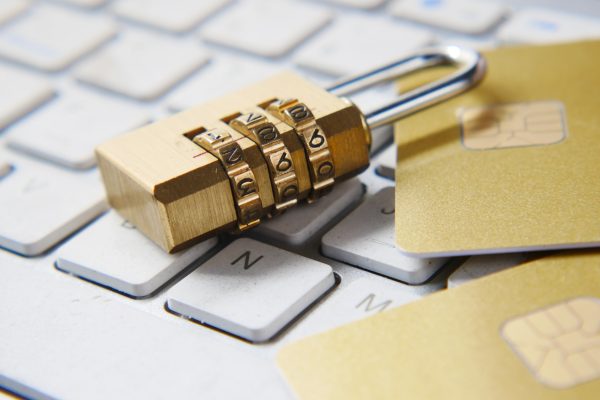Today, 5th May 2022, is World Password Day – a national day which occurs on the first Thursday of May every year. Its purpose is to promote healthier password habits by prompting us all to update our online passwords to be more secure, as well as consider whether there are further measures we could undertake to improve our online security.
Why should I change my passwords?
Your passwords are the keys to your online identity. Imagine how much damage someone could do if they found out the password to your primary email account or your Facebook/Twitter pages. Think about how many websites you use which require you to create an account, and the kinds of things a bad actor could do in there if they gained access.
Here are a few pointers that you should consider when evaluating your current passwords.
When was the password last changed?
If it was more than 12 months ago then you should definitely update it to a new one. If you have an email account with us, our Online Control Panel will make this easier for you by showing the date your password was last changed.
Do you use the same password in multiple places?
If a hacker finds out your password for, let’s say, your free email account, the next thing they might try is to see if they can log into Facebook with that same password. Using one password for multiple websites is a huge security risk. Every single online website/service you have a login for should be using its own unique password.
Is your current password very short, or a word you would find in the dictionary?
If it is, then change it immediately. Your password should be at least 8 characters long and contain a mix of letters, numbers and symbols. This is so that it is harder for anyone to guess, or crack electronically using brute force. There are software programs out there that will literally try millions and millions of combinations in the space of a few hours, so you need to make yours as hard to crack as possible. Our Online Control Panel won’t allow a password to be created unless it meets the minimum requirements stated above, but you should evaluate every single password you have with other online providers.
When setting a new password it can sometimes be tricky to find one that meets the complexity requirements, so here are a few suggestions for you.
Use a passphrase
A passphrase is a password that is based on a fully formed sentence. For example, something like My 2 favourite colours are red and green! is a good basis to start from. Firstly, it’s memorable – you’re not likely to forget what your favourite colours are. Secondly, it far surpasses the minimum character limit and is much harder for malicious software to crack. Finally, it includes both a number and a symbol, as well as the spaces between each of the words.
Replace letters with numbers
If you do use a password that’s based on a word, consider swapping some letters with numbers, as this will make it harder to guess. For example, an E could become a 3 or an A could become a 4. You could also turn I into ! as well, to ensure you have a symbol in there.
Once you’ve created your new password, take this opportunity to evaluate whether there are any further steps you could take to improve your overall online security.
Here are a few tips you might also want to consider.
Two-Factor Authentication
Some online providers, ourselves included, allow you to supplement your password with a unique login token. For example, after you entered your password you would be required to use an app on your smartphone to generate a unique code, which also needs to be entered before you can login. This simple but effective measure safeguards against the possibility that your password may have been stolen. Unless the hacker also has access to your smartphone then they won’t be able to access your account.
Don’t write passwords down!
There’s a bit of a cliche about having a computer screen with passwords written on post-it notes stuck all over it, but it’s actually surprisingly common! Never ever write your passwords down. Instead, you should consider using a password manager extension for your web browser, which securely stores all your passwords behind a master password. If you absolutely must write your passwords down, think about keeping that piece of paper in a locked safe which is kept in a locked cupboard in a locked room.
Further reading
Today, on World Password Day, take this opportunity to assess your online security and make sure you’re as secure as you can be. For further information on changing passwords and improving security for your services with us, the articles below may be of use to you.
How to change your email password: https://www.register365.com/support/articles/how-to-change-your-email-password/
How to change your FTP password: https://www.register365.com/support/articles/how-to-change-your-ftp-password/
How to add Two-Factor Authentication: https://www.register365.com/support/articles/enabling-two-factor-authentication-for-the-control-panel/

